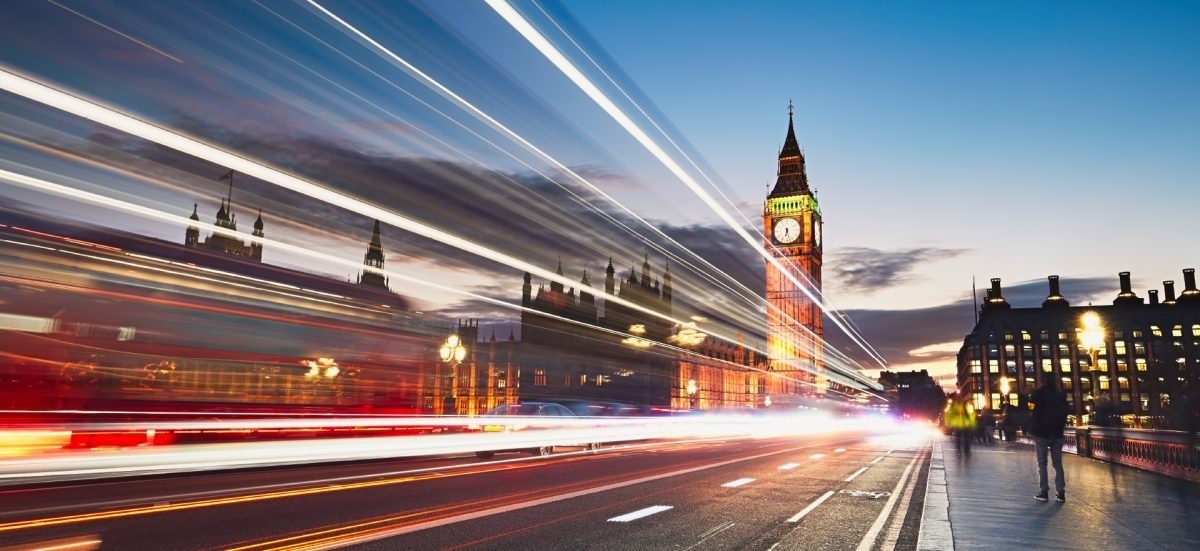
Car production in Britain close to being cut in half – The Times
British car factories are sending vehicles down assembly lines at barely half the rate they were a year ago. Latest production figures showed that output slumped by 44 per cent in August to just 51,000.
Though the month is usually a slow one because of factory shutdowns for the summer holiday, the volumes this year paint a depressing picture of the motor industry during the pandemic. In the year to date, with only January and February undisturbed by the coronavirus outbreak, UK car factory production is down by 40 per cent year-on-year at 518,000.
The Society of Motor Manufacturers and Traders (SMMT), which collates the figures, said 350,000 fewer cars have come off lines this year, vehicles worth £9.5 billion. More than 20,000 jobs have gone in the past two years.
Marshall's employees vote it a Great Place To Work for 11th year in a row - Car Dealer Magazine
Thousands of Marshall Motor Holdings employees have said what a fabulous company it is – for the 11th year in a row.
The annual Great Place To Work Colleague Engagement Survey for 2020 put the dealership group’s Trust Index score at 79.2 per cent – well above the 65 per cent benchmark.
More than 3,000 staff took part in the survey, and the announcement comes just five months after Great Place To Work UK ranked Marshall as one of the Best Super Large Workplaces in the UK for the sixth year running.
Morning rush hour back to ‘normal’, stats show – Garage Wire
The morning rush hour, a phenomenon last seen nearly six months ago, has returned with traffic levels back to levels seen in January, analysis by RAC Insurance has revealed. Data from drivers with RAC black box devices fitted shows that the beginning of the school year in England has led to a marked rise in cars on the road, particularly at what appears to be the peak drop-off time of between 8am and 9am.Looking at average weekday traffic between Monday 7 September and Wednesday 16 September, between these hours there were the same number of cars being driven as on a weekday in January.
Car volumes during these times were also up 55 per cent compared to the period before most schools had returned. Car volumes are now at around the same level between the end of school ‘rush’ of 3pm and 4pm and evening ‘rush’ of between and 5pm and 6pm as was the case before the first coronavirus lockdown in March.
Daily RAC breakdown figures also show a ‘return to normal’, with mid-week call-outs in particular only a little below those seen during the first few winter months of the year. However, since the schools returned RAC patrols have on average been called out to more rush-hour breakdowns than expected with this being balanced out by fewer later in the day. RAC Insurance spokesperson Rod Dennis said: “The million-dollar question, of course, is what happens next and whether morning road traffic continues to rise in the autumn, or whether it stays at the sort of level we’re seeing now.
Public transport fears fuel used car sales for dealers – Motor Trader
A quarter of consumers (28%) are in the market to buy a car because they want to avoid public transport. The figure rises to 36% for women with children at home, according to new consumer research by Motors.co.uk. Over three-quarters of buyers (77%) say their plans to buy a car have not been affected by the pandemic. Furthermore, 12% of respondents who were not planning to buy a car before lockdown are now actively looking to make a purchase.
The Consumer Insight Panel polled the views of 529 visitors to Motors.co.uk in August and September. The majority of buyers say the current situation had not impacted on their original decision on the type of car they would buy, with 78% saying they would still buy used and 9% saying they will continue to buy new. Although a switch from new to used is now on the cards for 13% of respondents. When it comes to budgeting, the research found most buyers (82%) plan to spend the same on a vehicle regardless of the Covid-19 crisis. While 11% said they will spend less to buy a smaller car because of job and economic uncertainties.
China pledges to be ‘carbon-neutral’ by 2060 – Financial Times
China, the world’s biggest producer of greenhouse gases, has said it will cut its carbon dioxide emissions to nearly zero by 2060, in a surprise move announced at the virtual UN General Assembly in New York. President Xi Jinping told the UN meeting that China planned to be “carbon neutral” before 2060, adding that the coronavirus pandemic had showed the world needed a “revolution” that would speed up “green development”.
China, which emits about 28 per cent of global carbon dioxide, previously promised its emissions would peak by 2030, but had refused to set a date to begin cutting back on the grounds that it was a developing country. Xi’s pledge will need to be backed up with more details and concrete implementation. Li Shuo, Greenpeace in Beijing Beijing’s announcement will raise the pressure on the US, which is now the biggest emitter in the world that does not have a carbon-neutral target. Several other major economies, including the EU and the UK, have targeted zero emissions by 2050.
